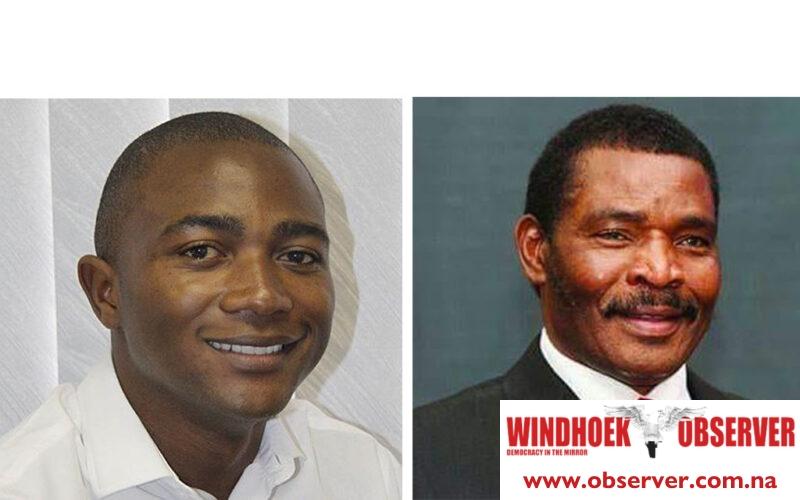Allexer Namundjembo
Political analysts Rui Tyitende and Joseph Diescho have raised concerns over the absenteeism of Members of Parliament (MPs), accusing them of neglecting their constitutional responsibilities at the expense of taxpayers.
Their remarks followed parliament’s failure to convene a quorum two days in a row for the review of the mid-year budget.
Tyitende said the MPs are paid to execute their duties in the National Assembly, yet fail to show up.
“The existing legal framework governing absence without leave should be reviewed so that punitive measures are imposed on dishonourable MPs who fail to show up without a valid reason,” he said.
He added that considering the political season the country is in, MPs are campaigning on the premise that they and their respective parties will “create jobs” and offer various economic and social opportunities.
“On the contrary, they are actually campaigning to secure their own jobs, not in the interests of the electorate they are attempting to fool,” he said.
Political analyst, Joseph Diescho also commented that the issue of Namibian parliamentarians’ absenteeism should not shock us.
He stated that the culture created by the MPs’ behaviour is the fault and responsibility of all of us.
“Our MPs are elected not on the basis of making laws and governing the country, but they are there to defend their parties who sent them there,” he explained.
“In this sense, it is important for them to attend their party rallies now so that they can be sent again next year. They do not care about making Namibia better. These people are MPs only by name because they do not fulfil their parliamentary duties. They go to work, sitting there, collecting honourable salaries, and travelling to harvest more fees,” Diescho said.
He added that most of the MPs cannot read or write, let alone debate, which makes them feel exposed in Parliament, where they are expected to speak and engage in discussions.
“They are tired and bored. Imagine sitting there afternoon after afternoon for years and not contributing to the business! The work these honourable members are engaged in is both challenging and tedious. Anyone in that situation would want to escape if an opportunity arose,” he added.
Diescho said that Members of Parliament are not directly elected by the people, with many being “wheelbarrowed” into their positions.
He pointed out that for many MPs, the highest ambition is to be appointed as a minister or deputy minister, while those not selected often dread the prospect of remaining MPs throughout their tenure.
“The current MPs are focused on 2025, aligning themselves with those who control their future positions—not in Parliament, but at rallies and functions. We’ve created a system with no accountability to citizens, setting the bar too low. The process of selecting lawmakers must change, requiring educational qualifications,” said Diescho.
Graham Hopwood earlier this week called on party chief whips to ensure a sufficient number of MPs are present in the House for key events without needing to pull everyone off the campaign trail.
He stated that the party whips should coordinate with MPs and the Speaker’s office to ensure the National Assembly can function effectively.




